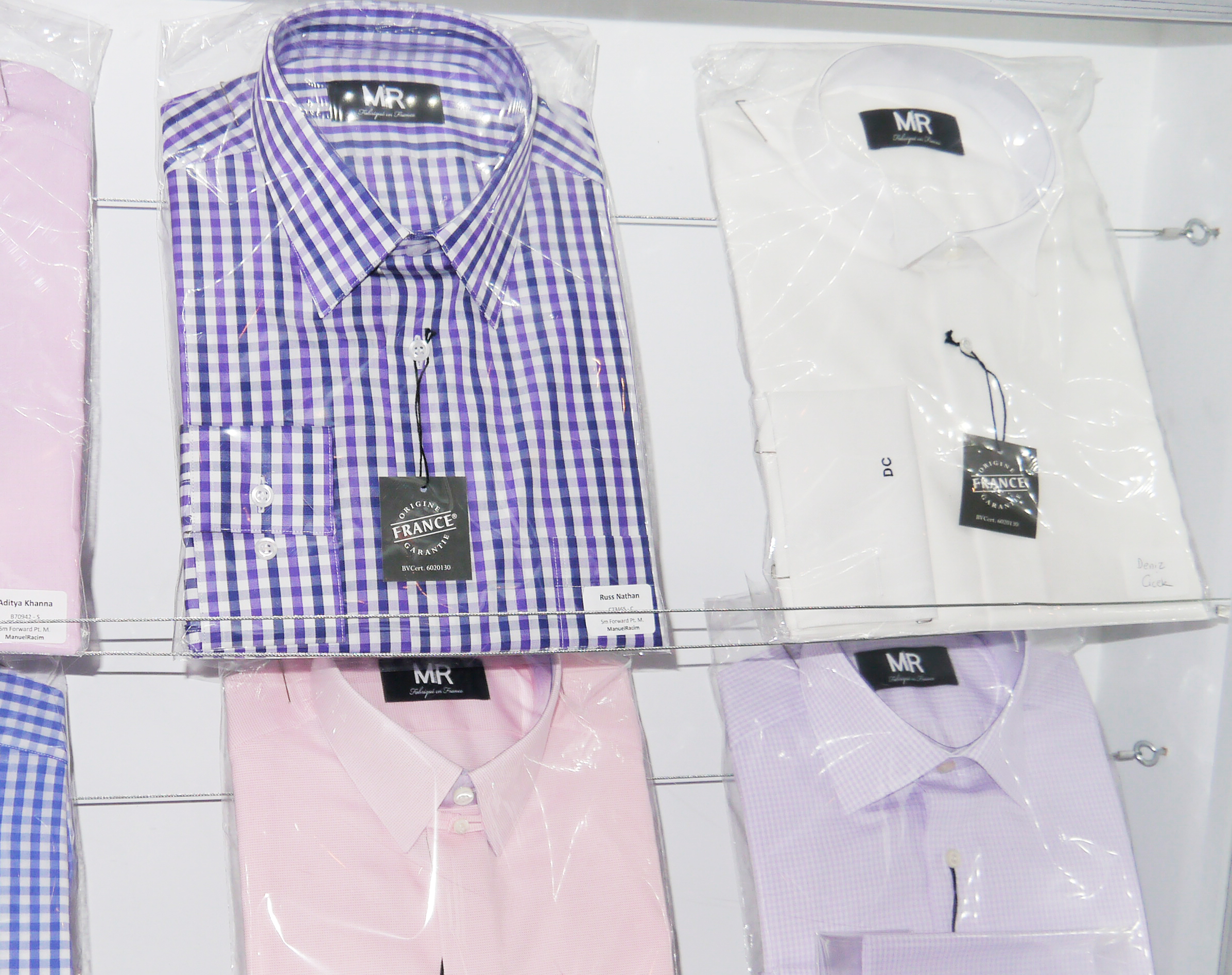This post has been read 2868 times!
 December 9, 2013- Perhaps inspired by our stories, our friends at the WSJ have an article today explaining how “cotton” and other commodities are often of poor quality, or counterfeit. “Jesse Curlee is on a mission to stamp out textile trickery, one strand of DNA at a time. As president of Supima, the three-decade veteran of the textile industry is tasked with ensuring that the brand of premium U.S.-grown cotton touted on labels, such as those on Brooks Brothers and L.L. Bean shirts, is legit.
December 9, 2013- Perhaps inspired by our stories, our friends at the WSJ have an article today explaining how “cotton” and other commodities are often of poor quality, or counterfeit. “Jesse Curlee is on a mission to stamp out textile trickery, one strand of DNA at a time. As president of Supima, the three-decade veteran of the textile industry is tasked with ensuring that the brand of premium U.S.-grown cotton touted on labels, such as those on Brooks Brothers and L.L. Bean shirts, is legit.
When a textile mill in Hong Kong flagged substandard yarn from a spinner in India, Mr. Curlee shipped a sample of the fiber off to Long Island for a genetic test. Supima canceled the Indian supplier’s license after the results showed the fabric misleadingly was of a cheaper cotton. “It was not Supima,” Mr. Curlee said. “It’s so easy to be deceptive.”
The episode highlights the new tools that sellers of premium products from button-down shirts to coffee are using to protect their lucrative reputations for quality. Crops like coffee and cotton travel thousands of miles and trade hands dozens of times before they reach consumers in the form of dress shirts and espressos. The opportunities for mishaps are plentiful and worrisome, ranging from unscrupulous suppliers to shipping mix-ups. Those who fail to certify their goods can face substantial penalties. In January, the Federal Trade Commission said companies including Macy’s Inc., Amazon.com Inc., and Kmart owner Sears Holding agreed to pay $1.26 million for selling items labeled as “bamboo” when in fact they were rayon.”
